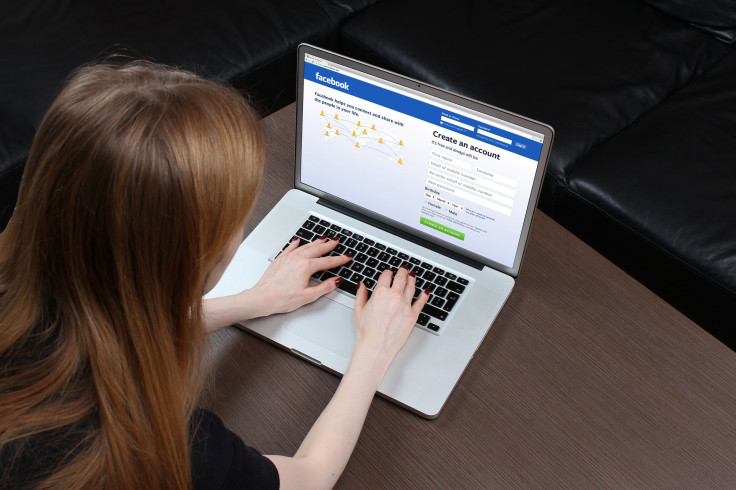Land Of Make Believe: White Lies On Social Media Create False Memories For Users

Social media gives us a clean slate to customize ourselves into a version we believe is attractive and enticing to the World Wide Web: We edit our photos, write up a witty status to make ourselves appear adventurous and well-rounded, all in an attempt to garner as many “likes” or “retweets” to validate our online existence. However, white lies on social media can actually lead us to create false memories that begin to make it difficult for us to separate fact from fiction, according to a recent study in the journal repository Pencourage.
“Our need to document and share our lives is part of our nature and beneficial — but the strengths and drawbacks of social media need to be understood better by society,” said Dr. Richard Sherry, clinical psychologist and founding member of the Society for Neuropsychoanalysis, the Daily Mail reported. He added: “When this starts to happen, feelings of guilt and distaste toward ourselves can create psychological problems, including anxiety. This can exacerbate certain personality traits which can become unhelpful, if not outright destructive.”
The study in the anonymous online journal observed the extreme case of “digital amnesia” to find 68 percent of social media users surveyed admitted they “embellish, exaggerate, or outright lie when documenting events on social media” in order to make their lives seem more interesting and better than they are in actuality. Half of the respondents expressed sadness, shame, and even paranoia because they felt they were unable to live up to the online image they projected.
These white lies on social media have become a mental barrier for users to access their real memories, as they have come to believe the version of the events they presented online. This is seen in one in 10 respondents who reported “digital amnesia” who were no longer sure what actually happened in events they described on social media. Young adult respondents aged 18 to 24 were more likely to lie about their relationships, promotions at work, and holidays with 16 percent most likely implanting false memories.
Lying on sites such as Facebook and Twitter gives users the power to rewrite their memories in a narrative they feel is appealing to the public. False memory is formed when people add false information into their minds. This is critical because memories are an essential part of memory. The creation of false memories on social media can threaten a user’s sense of self.
It is perfectly natural to be competitive on a social media platform, but the dark side lies when we begin to negate what is authentically “us” to a level where we don’t recognize the experience or our own voice. This can produce a cognitive trap that can lead to disconnection and paranoia.
The effects of social media have several implications on memory distortion. Earlier this year, a similar study published in the journal Psychonomics Bulletin And Review found the use of social networks such as Twitter is “damaging to autobiographical memory.” This is because false information that is encountered after an event can lead to digital amnesia.
However, in the study, information in the Twitter-like feed was seen as less trustworthy than the traditional sources and less likely to lead to the creation of false memories. Millennials' distrust of Twitter is viewed as “a good sign” by Kimberly Fenn, a Michigan State University assistant professor of psychology. “We propose young adults are taking into account the medium of the message when integrating information into memory,” said Fenn, Social Times reported.
The science behind the web of lies on social media sites, like Facebook, has been captured in a viral video on YouTube, “What's On Your Mind” created by the Higton Bros. The short film tells the narrative of a man whose life is in shambles as he loses his girlfriend, gets fired from work, and goes into a state of depression. He turns to Facebook and starts to post statuses that are completely opposite of what’s happening in his real life. He continues to fabricate lies to accumulate likes from his Facebook friends. This serves as a reflection of how people are impacted by social media and the lengths they would go to keep up appearances with those in their social media circle.
Since we all have that need for recognition, it’s not social media that needs to be reevaluated but the process in which we decide to deliver our personal information to the online realm.
Source: Fenn KM, Griffin NR, Ravizza SM, Uitvlugt MG. The effect of Twitter exposure on false memory formation. Psychon Bull Rev. 2014.



























